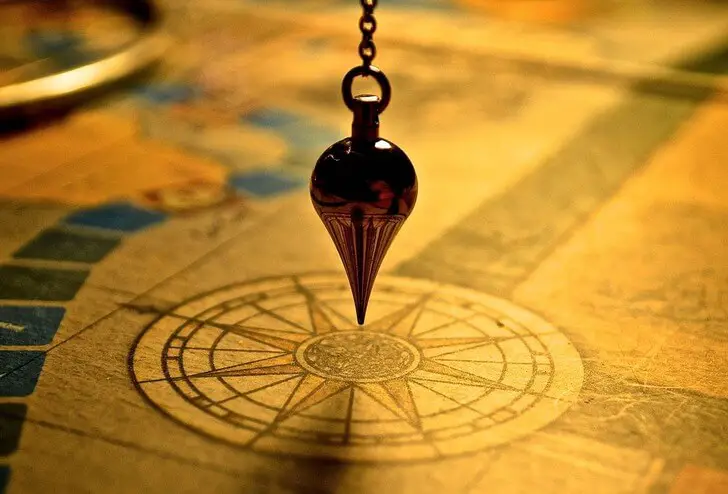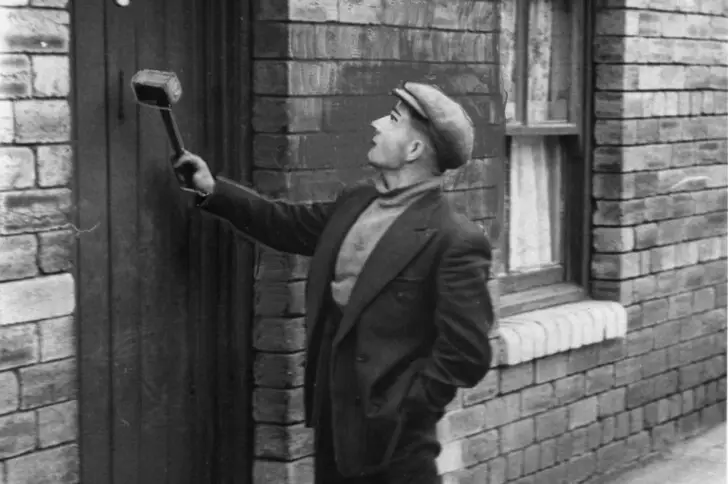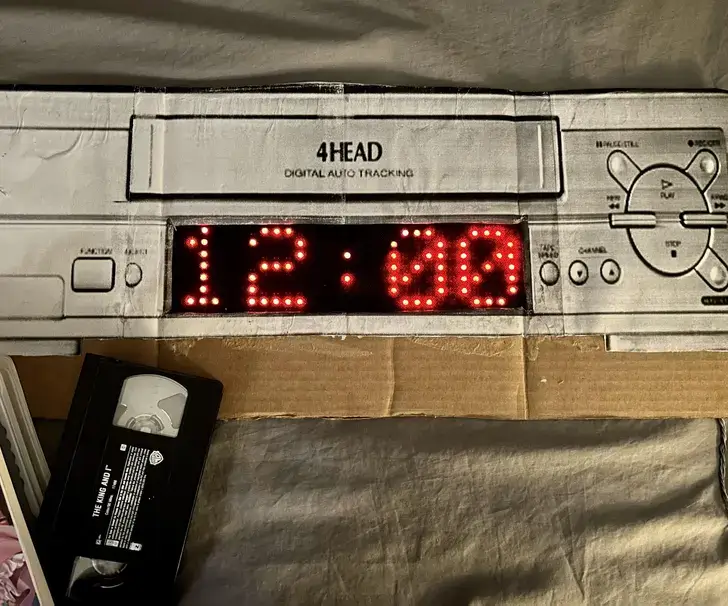Tick-tock, let’s unlock the gears and springs of time itself! From the ancient sundials to the modern marvels of horology, clocks have been our faithful companions in the ever-flowing river of moments. In this article, we’re winding the hands and uncovering 20 captivating clock facts that will have you thinking twice about every tick and tock. So, join us as we journey through the history, science, and cultural significance of these timekeeping wonders. Get ready to set your mind in motion because time waits for no one, and neither does this whirlwind of clock knowledge!
1-5 Interesting Facts About Clocks

1. The introduction of the pendulum clock by Christiaan Huygens in 1656 marked a remarkable advancement in timekeeping, enhancing the precision of clocks from a daily deviation of 15 minutes to a mere 15 seconds.
2. Demonstrating the concept of time dilation, two scientists undertook globe-spanning journeys in opposite directions, each carrying four synchronized atomic clocks. Upon their return, a comparison with the ground-based atomic clocks revealed a significant desynchronization, validating the phenomenon.
3. Curious why clocks dance clockwise. Blame it on the Northern Hemisphere’s sun-worshipping habits. Sundials set the trend, and clocks followed suit – or, in this case, hand.
4. Blending artistry with functionality, artist Siren Elise Wilhelmsen conceived a unique clock that annually produces a knitted scarf. That’s right, folks, this clock isn’t just ticking, it’s stitching.
5. In the United States, the establishment of time zones as we currently recognize them was a result of the railroad industry’s initiatives in 1883. Before that, every town had its own time, causing scheduling chaos.
6-10 Fun Facts About Clocks

6. Can’t sleep? Just go camping! Researchers say a week in the great outdoors without electronics can reset your biological clock. It’s like Mother Nature’s way of hitting the snooze button on your sleep troubles.
7. To account for General Relativity-induced time dilation, atomic clocks aboard GPS satellites are meticulously programmed. This adjustment prevents GPS devices from displaying coordinates that could deviate by roughly 10 kilometers after a single day.
8. Before the introduction of the shot clock in basketball, some NBA players resorted to a strategic yet unconventional tactic of sitting on the ball to preserve their lead and exhaust the game clock.
9. The terms “clockwise” and “counterclockwise” originally derived from the phrases “sunwise” and “widdershins,” respectively, before the widespread prevalence of clocks.
10. The term “o’clock” is an abbreviation of “stroke of the clock,” harkening back to 15th-century references to medieval mechanical clocks.
11-15 Surprisinng Facts About Clocks

11. Before alarm clocks were a thing, a profession known as a “knocker-upper” existed. These individuals would travel from door to door, rapping on doors until the occupants woke up.
12. When a pendulum clock designed for accuracy at sea level is relocated to an altitude of 4000 feet, it can lose approximately 16 seconds per day due to variations in local gravity.
13. The origin of the mechanical alarm clock traces back to American inventor Levi Hutchins in 1787. Crafted for personal use, his creation rang solely at 4 a.m. to rouse him for work. Remarkably, it wasn’t until 60 years later, in 1847, making sure the world never overslept again.
14. The French Revolution not only gave rise to the metric system but nearly introduced metric clocks as well. With 10 hours a day, ten days a week, and a tidy 30 days in each month, this novel concept of timekeeping was briefly considered.
15. Night owls possess an internal clock that operates on cycles exceeding 24 hours. This delay in their daily rhythm makes falling asleep and waking up a challenge, as their schedule progressively shifts.
16-20 Shocking Facts About Clocks

16. Many individuals were baffled as to how to adjust the clock time on VCRs. The difficulty of setting the correct time became such a national joke that President George H.W. Bush declared in 1990, “By the year 2000, all Americans must be able to set the clocks on their VCRs.”
17. Now, don’t let the name fool ya – Big Ben isn’t the clock, it’s the rockstar bell living within that clock tower extravaganza.
18. Interestingly, the adjustment of time within London’s Big Ben clock tower involves the use of pennies. A mere penny can subtly shift the pendulum’s center of mass, resulting in a time alteration of approximately 0.4 seconds per day.
19. Geologist Michel Siffre conducted an unconventional study by spending two months underground without external time cues. He and others repeated the experiment, discovering that their body clocks often transitioned to a 48-hour cycle. In an extreme case, one individual even slept for 34 hours.
20. The visionary scientist Linnaeus envisioned a captivating “flower clock,” predicated on the distinctive times at which different flower species open and close their petals. This unique garden could enable time-telling by simply observing its blooms.
That’s it for this post guys, I hope you had fun while reading about 20 Facts About Clocks.
In case you’re interested in reading other articles:


